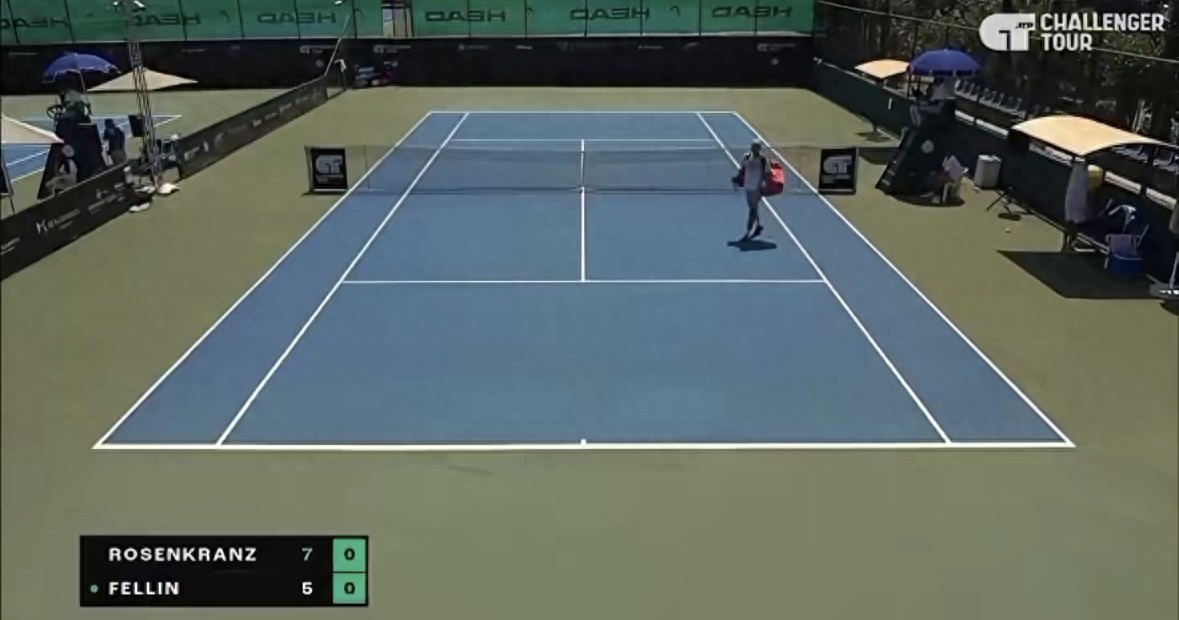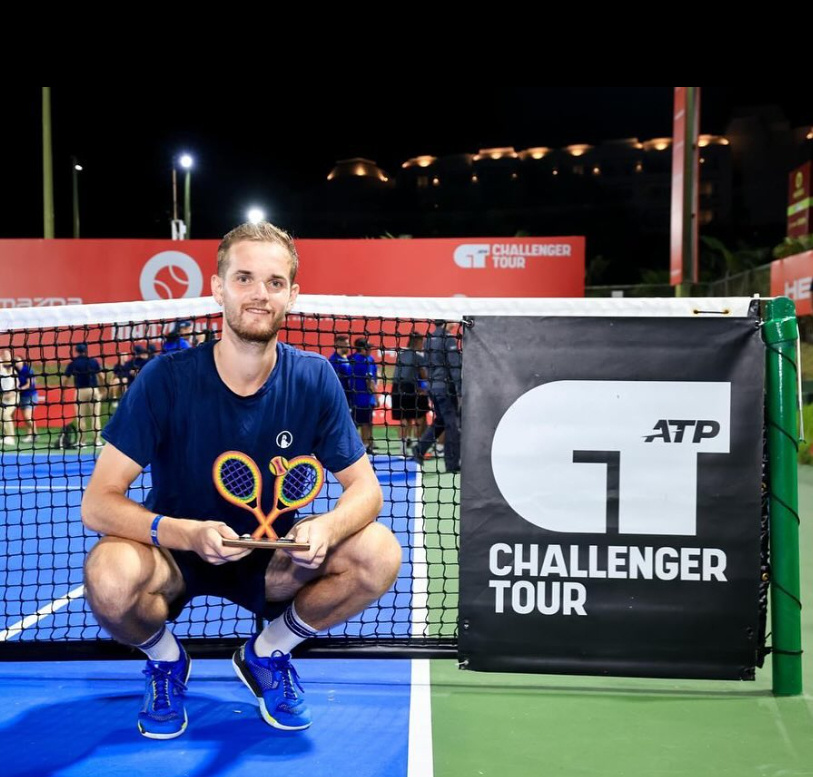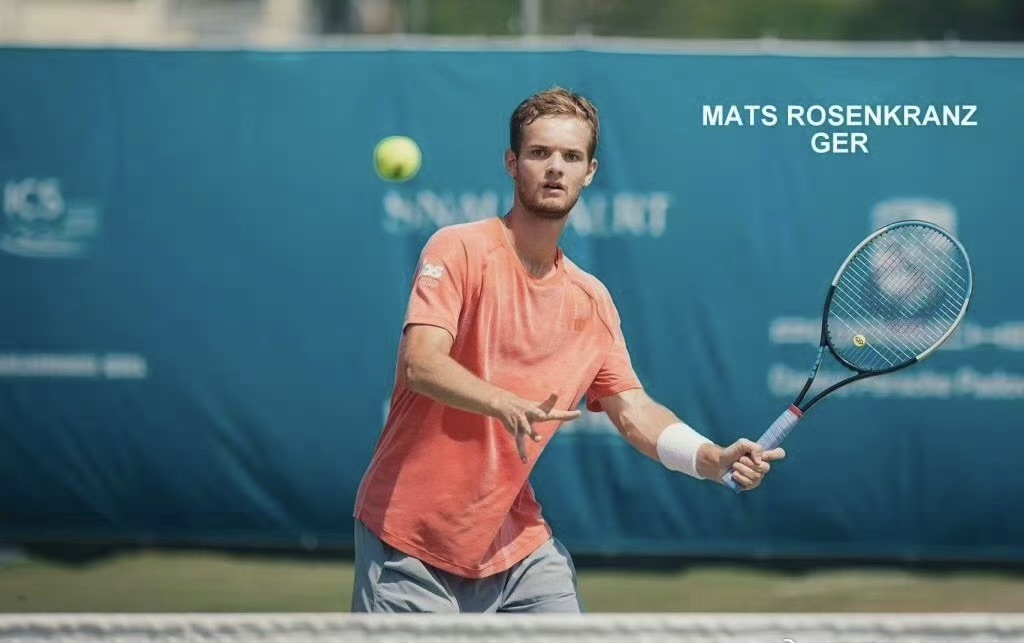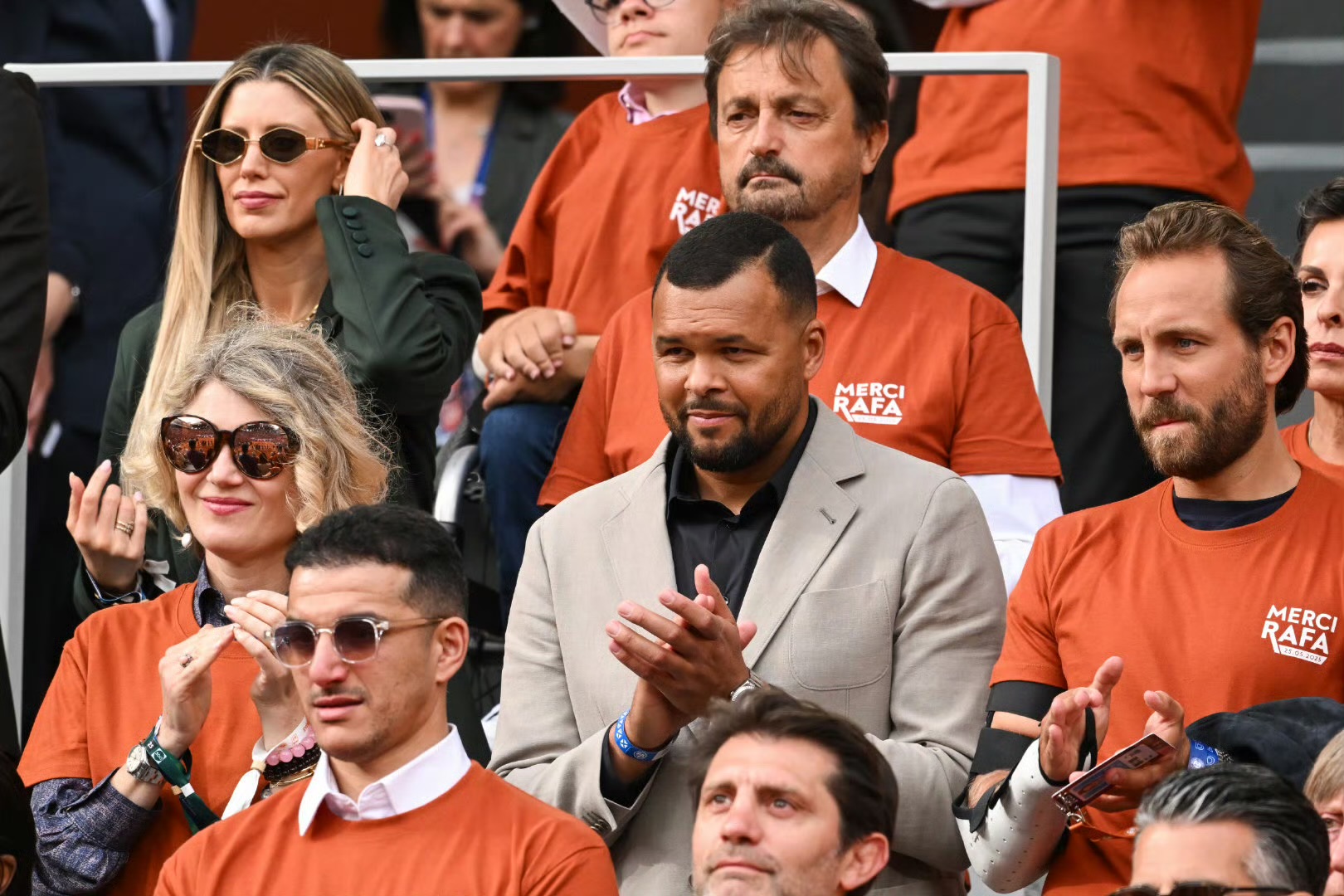The Greek Challenger tournament is mired in controversy: a player disqualified for a 10-second shower, while exorbitant hotel prices crush lower-ranked competitors.
At the ATP Challenger event in Hersonissos, Greece, German player Max Rosenkranz faced an absurd ruling. After winning the first set 7-5, he requested to use the restroom and took a quick 10-second shower due to the hot weather. As a result, the main referee disqualified him, claiming his actions violated the ATP Challenger's inter-set break rules.

According to the rules, players are only allowed to hydrate, wipe sweat, change equipment, or use the restroom during breaks. If a player needs to rinse off for health reasons, they must request a medical timeout. After the match, Rosenkranz stated, “I had no idea this was a violation; I just wanted to cool down.” However, the referee and supervisor insisted it was a breach, ultimately leading to his disqualification.
This ruling quickly sparked controversy, with French player Lucas Pouille expressing disbelief: “It's unbelievable... We’re playing in 40-degree heat, and he gets disqualified for a 10-second shower? I didn’t even know that was prohibited; it’s just outrageous.”

Despite the rules being clearly stated, this ruling has been widely criticized as excessive enforcement. Challenger tournaments often take place under harsh conditions with low support, putting players under significant physical strain, while the strict decisions from referees seem inflexible.The rules of professional tennis should ensure fairness, yet overly rigid enforcement often makes players victims of bureaucracy. Rosenkranz's case raises the question of whether referees' discretion needs a more humane adjustment.

If the controversy over the ruling is merely a rules issue, then the exorbitant accommodation fees at the Hersonissos Challenger directly expose the survival struggles of lower-ranked players. The prices at the tournament’s designated official hotel are staggering:
Single room: 420 euros/night (approximately 3525 RMB)
Double room: 508 euros/night (approximately 4265 RMB)
For players ranked outside the top 300, such prices are akin to “robbery.” The prize money at Challenger events is already meager (a few hundred euros for first-round exits), and this tournament spans two consecutive weeks, which means: Players who exit early in the first week (like Chinese players Cui Jie and Te Rigele) must pay for an additional week of accommodation while waiting for the second tournament next week. If traveling with a team, the hotel costs for half a month could even match the down payment on an apartment.
Many players are forced to choose cheaper accommodations further away, but the transportation costs and time consumption negatively affect their performance. French player Jo-Wilfried Tsonga publicly criticized, “The money lower-ranked players earn at Challenger events might not even cover their hotel bills.”

Rosenkranz's disqualification and the exorbitant hotel issue reflect the deeper contradictions within the ecosystem of professional tennis at the grassroots level:
1. Lack of flexibility in rule enforcement: Should players be allowed a brief cooling-off period in extreme weather? Does the one-size-fits-all ruling contradict the spirit of sportsmanship?
2. Responsibility of tournament organizers: While Grand Slams and ATP tours can provide player subsidies, the accommodation and transportation arrangements for Challenger events often exploit lower-ranked competitors.
3. The weakness of player associations: Compared to top stars, lower-ranked players lack a voice and struggle to push for reforms.

While stars like Jannik Sinner and Carlos Alcaraz enjoy private jets and five-star hotels, players like Rosenkranz are struggling with “10-second showers” and “sky-high hotel fees.” Behind the glamour of professional tennis lies a harsh class divide. If the ATP and tournament organizers continue to ignore the survival conditions of Challenger players, the grassroots ecosystem of the sport will become increasingly distorted.
Perhaps it is time to rethink: who is professional tennis really for?(Source: Tennis Home, Author: Mei)







 Links
Links
 Contact
Contact
 App
App


